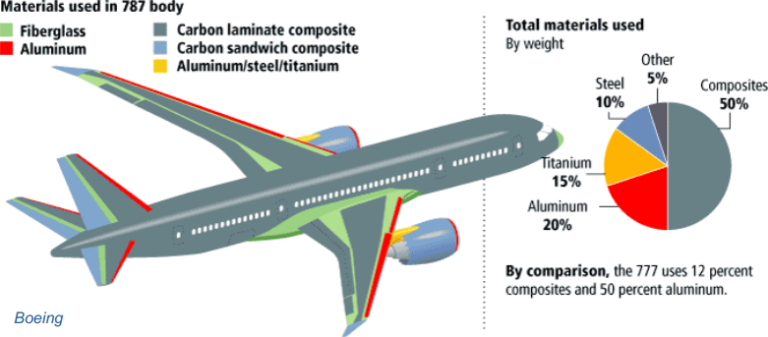Is A Transaction Fee Haram?
A transaction fee is a fee that is paid to a financial institution for processing a transaction. In some cases, these fees can be haram, or forbidden in Islam. This is because certain types of fees, including those associated with loans or gambling, are prohibited by Islamic law. Additionally, some transaction fees may be considered usury, which is also forbidden in Islam. Therefore, it is important to understand the type of fee being charged before making a transaction, in order to ensure that it does not violate Islamic law.
Definition of Transaction Fee
A transaction fee is a fee charged by a financial institution for processing a transaction. It is charged to the customer and may be either a flat rate or a percentage of the transaction value. Transaction fees can be found on a variety of financial services, such as credit card payments, online payments and money transfers. They can also be applied to investments, such as stock trades or mutual fund purchases. These fees are typically used to offset the cost of processing a transaction and are meant to help ensure the financial institution remains profitable.
Islamic Perspective on Transaction Fees
Transaction fees are an important part of any financial transaction. From an Islamic perspective, transaction fees should be fair, reasonable and consistent. In Islam, it is important to ensure fairness and equity in all financial transactions. Therefore, it is important to consider the implications of transaction fees when engaging in any financial transaction so that no party is unfairly disadvantaged. Islamic principles also emphasize the importance of transparency, so all parties should be aware of any transaction fees before agreeing to a transaction. By adhering to these principles, transaction fees can remain fair and equitable, while providing a stable foundation for financial transactions.
Factors Influencing Transaction Fees
Transaction fees are a critical component of any online transaction. They are a form of payment that the buyer and seller agree to, and provide a way for the seller to receive compensation for their services. But what factors may influence the amount of the fee? Generally, the size of the transaction, the payment method, and the seller’s location all play a role. For larger transactions, the cost of the fee may increase due to the extra work or risk involved. The payment method used can also affect the fee, as some payment services have higher fees for certain types of transactions. Finally, the seller’s location can impact the fee, as certain countries or jurisdictions may have additional taxes or charges that are included in the fee. By understanding these factors, buyers and sellers can make more informed decisions regarding their transactions, and ensure that they are paying a fair fee for the service they receive.
Is a Transaction Fee Haram?
A transaction fee is an amount of money that is charged by a financial institution for processing a transaction. As with any financial decision, it is important to consider the implications of incurring a transaction fee. From a religious perspective, some religious traditions, such as Islam, consider certain fees to be haram, or forbidden. In Islamic finance, the concept of haram is defined as any activity or transaction that involves riba (interest), gharar (uncertainty), or maysir (gambling). Therefore, when considering whether a transaction fee is haram, it is important to assess whether the fee involves any of these prohibited components. Ultimately, it is up to the individual to decide what is considered haram and what is not.
Potential Alternatives to Traditional Transaction Fees
The traditional transaction fee model has been the standard for many years, but it’s no longer the only option. As technology advances, new methods of payment and digital services are emerging, providing companies and consumers with alternatives to the traditional model. These alternatives may provide cheaper, faster, and more secure payments for customers, as well as cost savings and increased efficiency for businesses. Depending on the situation, potential alternatives to traditional transaction fees include payment providers, digital wallets, cryptocurrencies, mobile payments, and more. Companies and customers should explore these options to determine which solutions best meet their needs. Ultimately, the goal is to find a payment system that is secure, cost-effective, and efficient.
Conclusion
A blog is an excellent tool for self-expression and sharing your thoughts. It gives you the opportunity to create something that can be seen by thousands of people. From sharing your experiences to providing helpful advice, blogging can be a great way to connect with others and create meaningful conversations. When writing a blog, it’s important to remember to include a conclusion. A conclusion provides closure and helps to drive home your message. By summarizing your main points and providing an overall takeaway, your conclusion can make your blog post stand out. Ultimately, the conclusion of your blog post is the final chance to make a lasting impression on your readers.
FAQs About the Is A Transaction Fee Haram?
1. Is there an Islamic ruling on a transaction fee?
A: Transaction fees are generally permissible in Islam, however, the fee should be fair and reasonable, and should not be taken as usury or riba.
2. Can I get charged a transaction fee if I use my debit card?
A: Yes, depending on your bank, you may be charged a transaction fee when using your debit card. It is important to check with your bank to find out what types of fees you may be charged.
3. Is there a way to avoid a transaction fee?
A: Some banks offer accounts with no transaction fees, so you may be able to avoid the fee by switching banks. You can also look into using online payment systems such as PayPal or Venmo, which may offer lower fees than traditional banks.
Conclusion
In conclusion, the answer to the question of whether transaction fees are haram or not is not a simple yes or no answer. While some Islamic scholars believe that transaction fees are haram, others believe that they are permissible under certain conditions. Ultimately, it is up to each individual to decide whether or not to pay transaction fees and what their own personal religious beliefs dictate.





